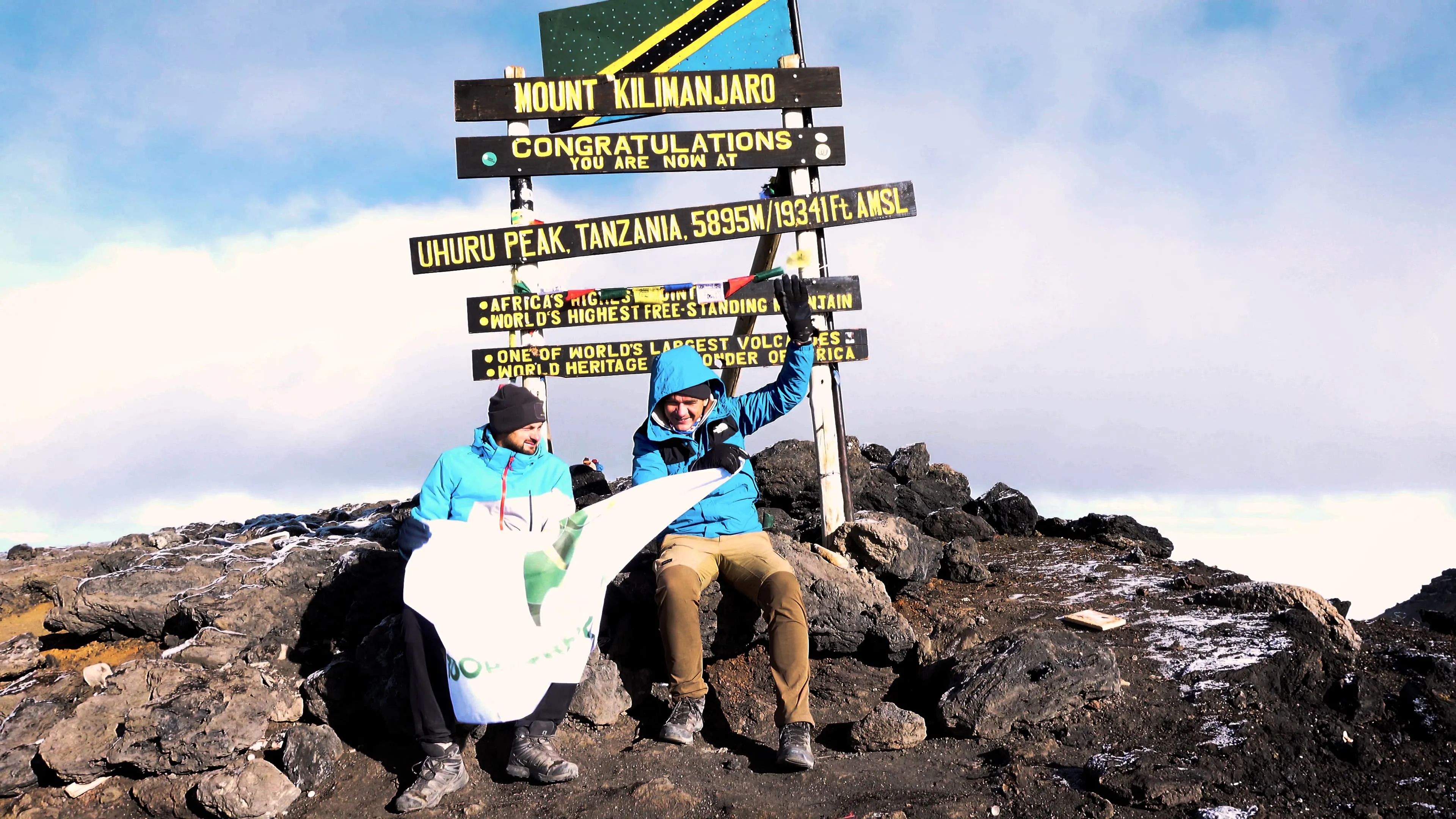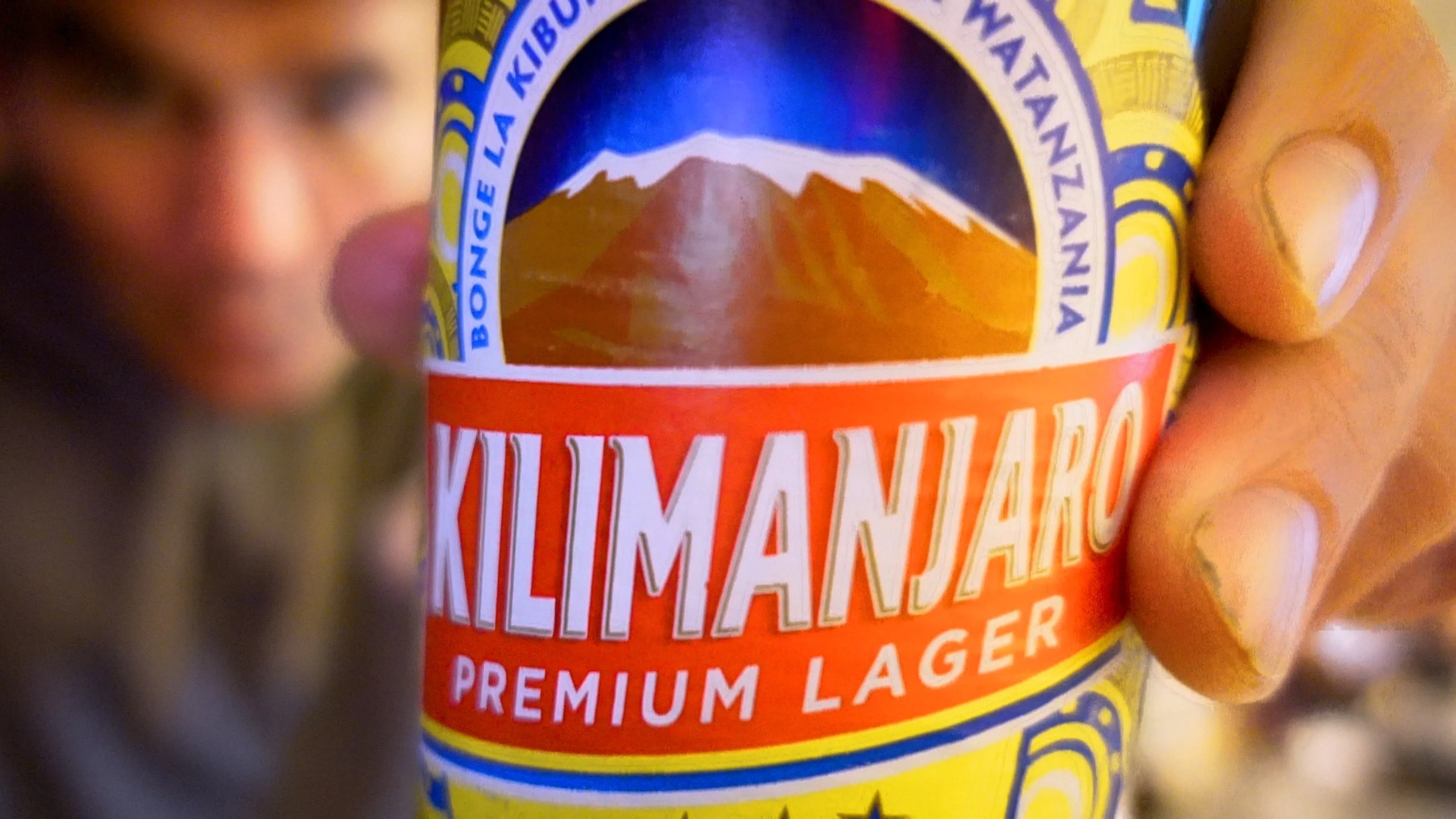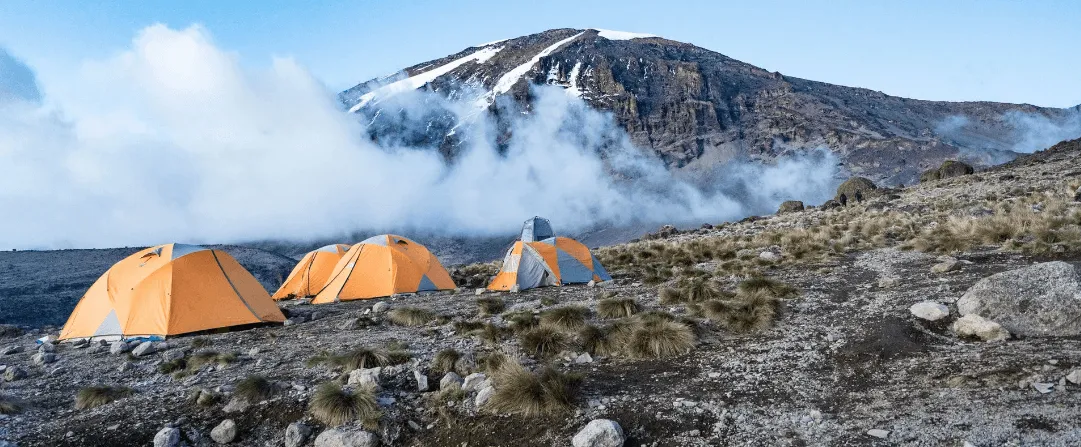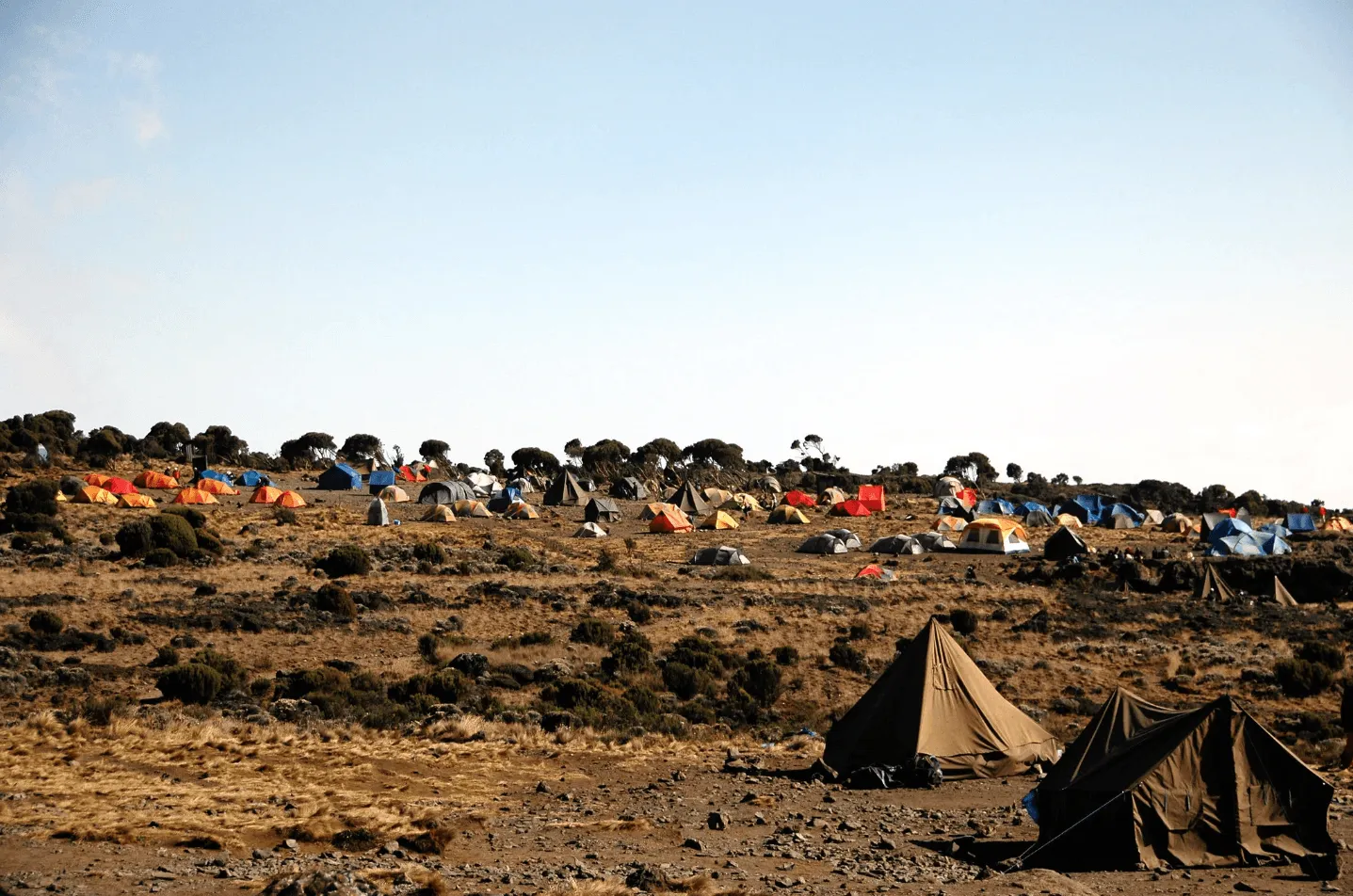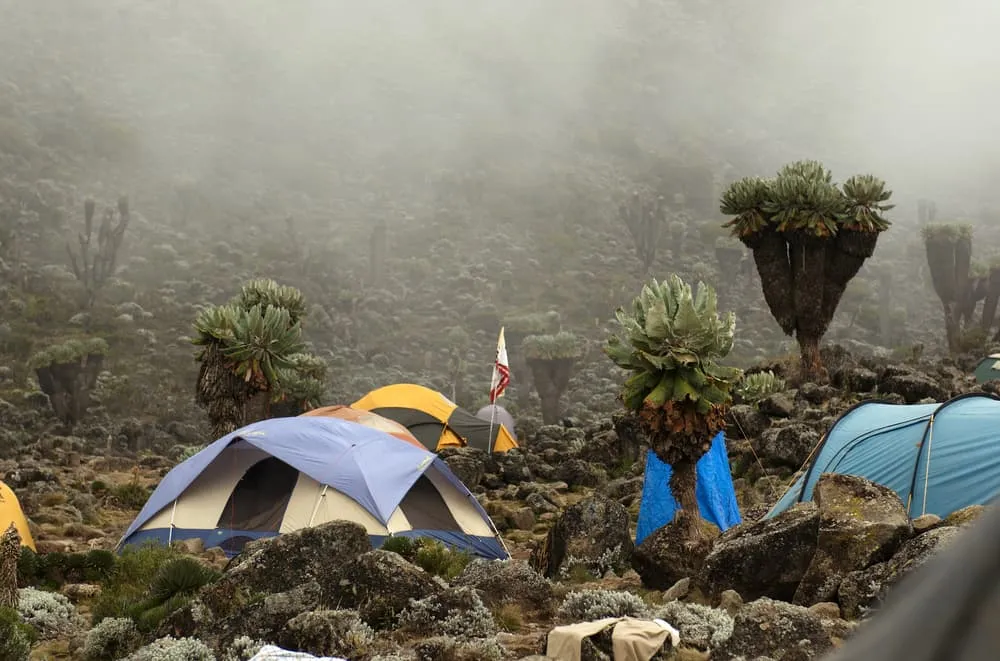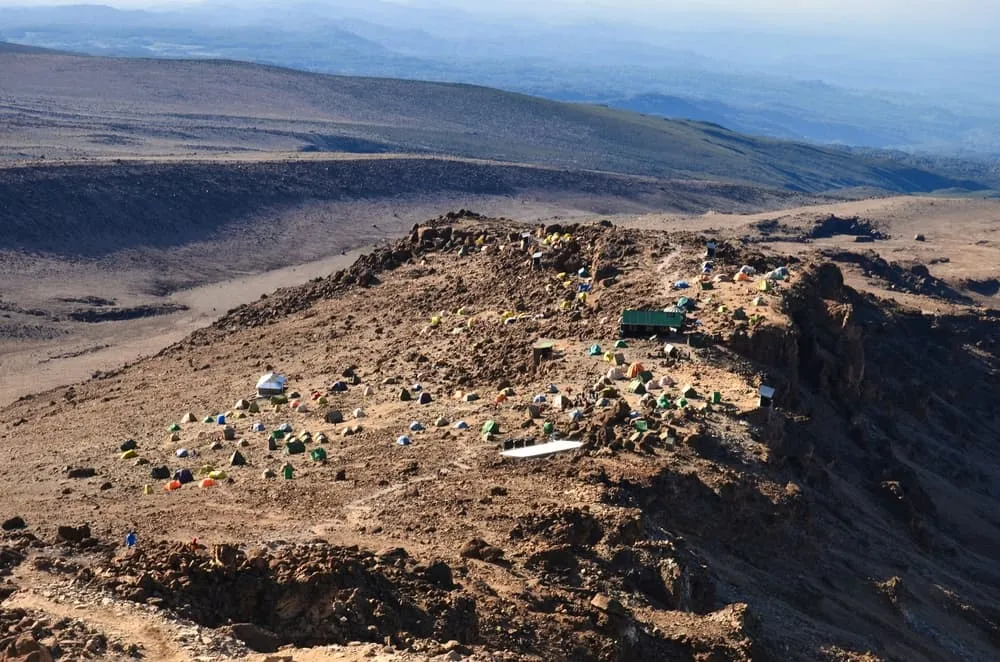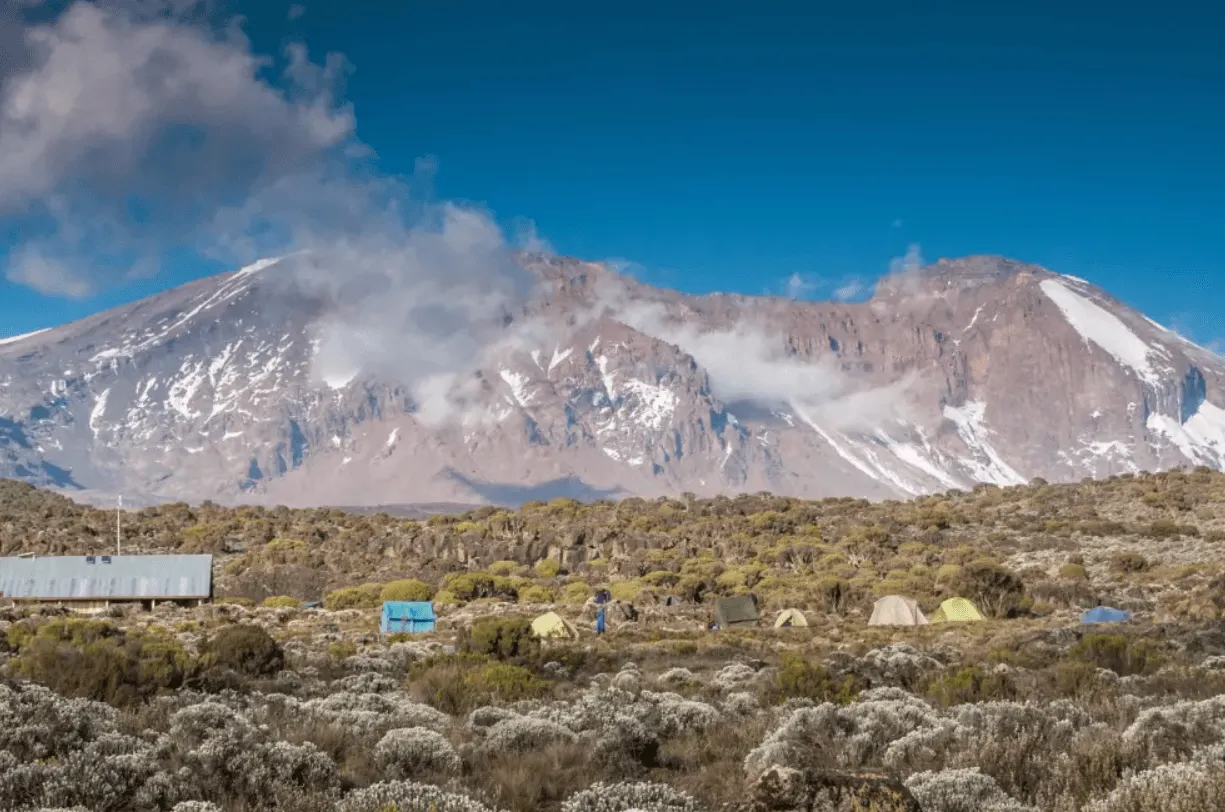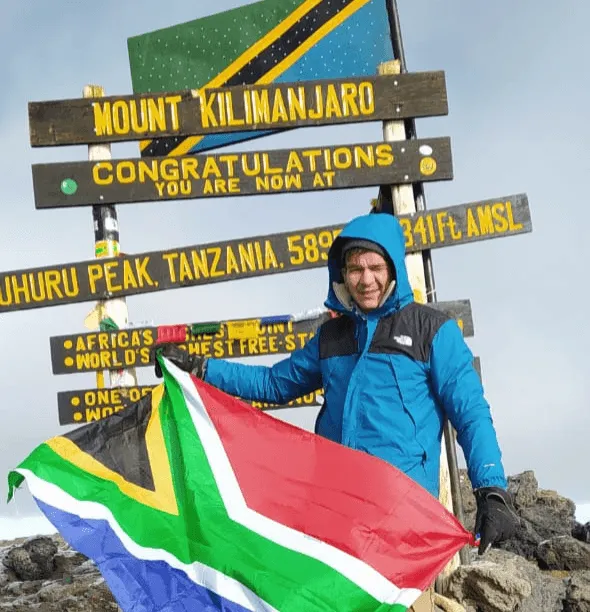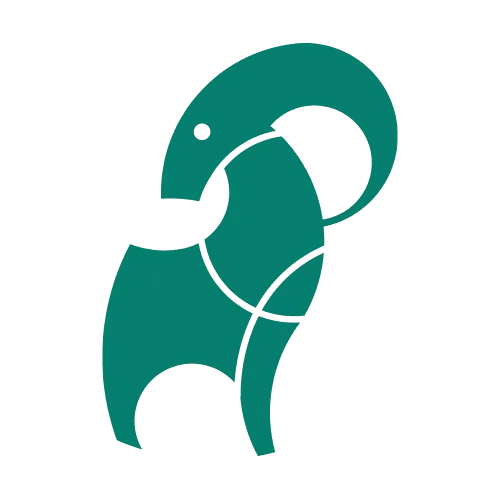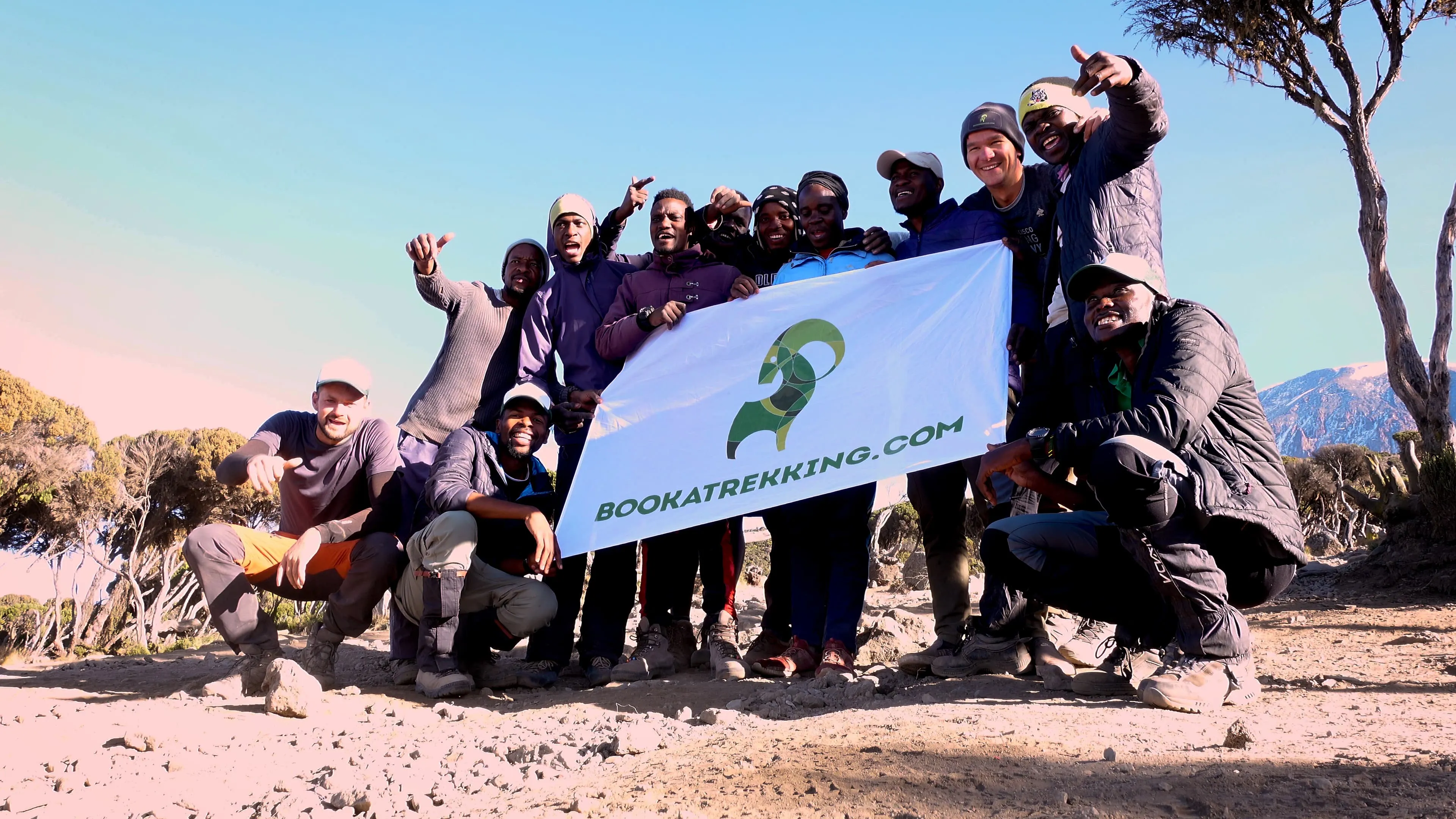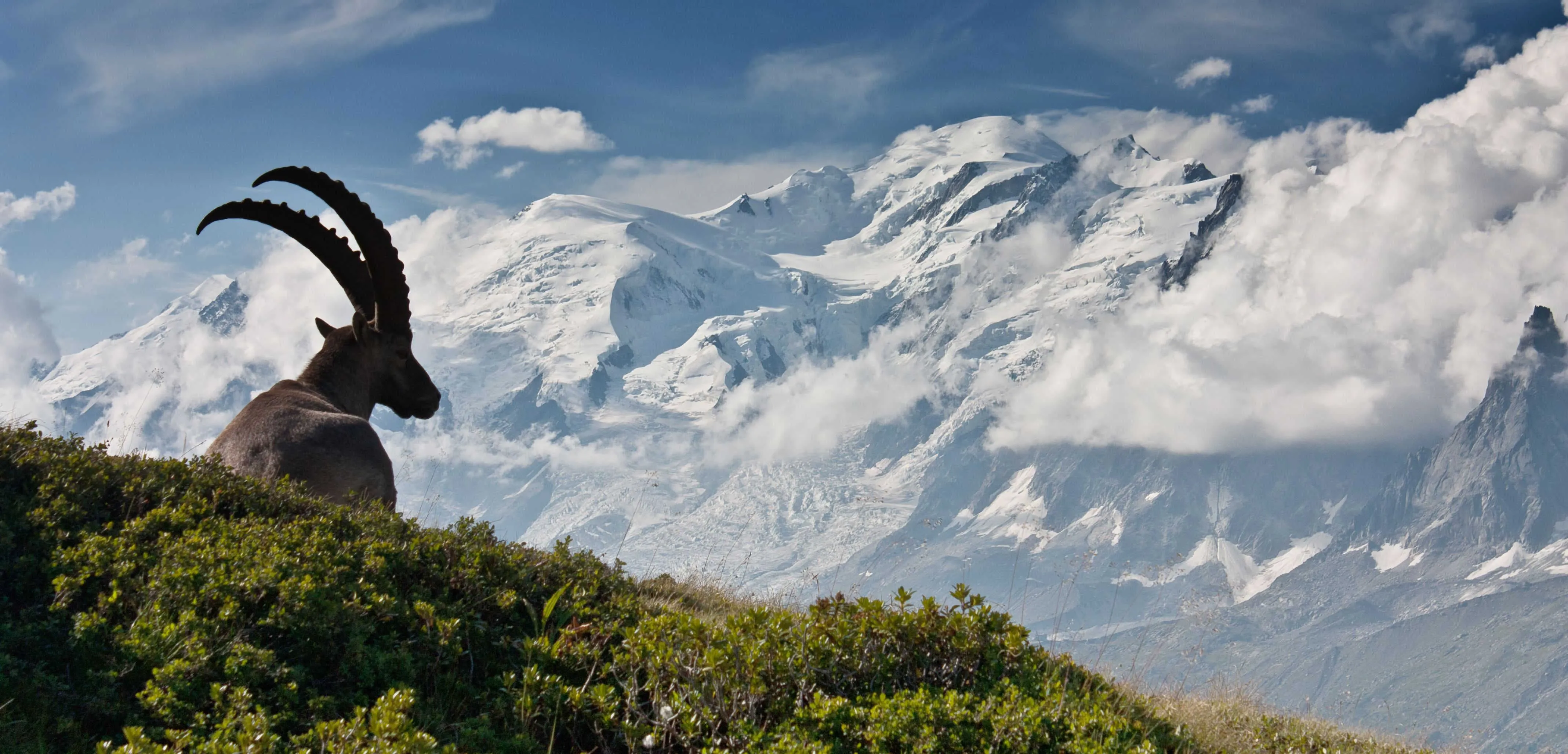At Bookatrekking.com we care for our staff, we think and act local, and we make sure that everyone makes it home safe. We only make use of certified local guides and porters, we don't do nonsense, we eat well, and we don't like hidden costs. Uhuru is Swahili for Freedom. We like Freedom.

EUR €
EUR €
GBP £
USD $
CAD C$
SEK kr
NOK kr
DKK kr
AUD A$
CHF CHF
NZD NZ$
HKD HK$
SGD S$
RON lei
HUF Ft
CZK Kč
Destinations
Destinations
Europe
Trekking type
Trekking type
Hut-to-hut hiking
Hut-to-hut hiking Dolomites
Hut-to-hut hiking Alps
Hut-to-hut hiking Austria
Hut-to-hut hiking Switzerland
Walking Holiday
Climb Kilimanjaro


